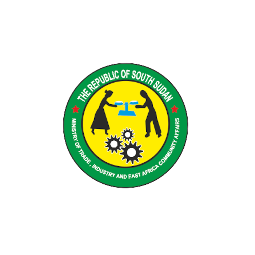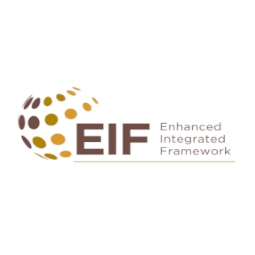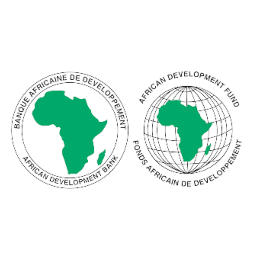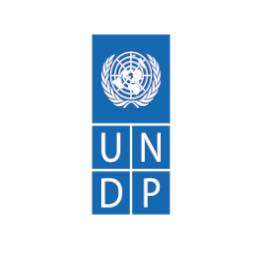Security Advisor - Police
1. About RJMEC
The Reconstituted Joint Monitoring and Evaluation Commission (RJMEC) is a diplomatic mission under the auspices of the Intergovernmental Authority on Development (IGAD) and is reconstituted under Chapter VII of the Revitalized Agreement on the Resolution of the conflict in the Republic of South Sudan (R-ARCSS, signed on 12 September 2018 and is responsible for monitoring, evaluating and overseeing the implementation of the Revitalized Peace Agreement.
2. Summary of Tasks and Responsibilities of the Security Adviser – Police
- Reporting to the Deputy Chief of Staff (Strategy, Monitoring and Evaluation), and in close coordination with the other Security Advisors, the Security Advisor-Police shall manage and oversee the work of the RJMEC in the area of police reforms, as per the RARCSS. He/she will be the working level RJMEC liaison with counterpart ministries, institutions and agencies of the Revitalized Transitional Government of National Unity (R-TGoNU) on police reforms and shall participate in the work of R-JMEC’s thematic security working committee and working groups as established.
- The Security Advisor Police should have senior-level expertise and experience in security sector reform, including specific management and coordination experience working on issues of police reforms in the context of fragile and post-conflict countries. The Security Advisor Police shall work collaboratively with all other RJMEC Advisors in fulfilment of the RJMEC mandate.
3. Specific tasks include, but are not limited to:
- In coordination with the Deputy Chief of Staff (Strategy, Monitoring and Evaluation), other Security Advisors and as per the RJMEC strategic policy and instructions of the Chairperson and Deputy Chairperson, follows up the implementation of Police unification and reform by the R-TGoNU;
- Serves as primary liaison to the Ministry of Interior in order to assess compliance by the R-TGoNU and by the Transitional institutions and mechanisms, with the R-ARCSS. This will require regular and direct engagement with, as well as monitoring of, existing and new institutions established by the R-ARCSS. These include, but are not limited to: the Joint Defence Board (JDB), Joint Military Ceasefire Commission (JMCC), Joint Transitional Security Committee (JTSC), Strategic Defence and Security Review Board (SDSR-B), and other relevant Transitional Institutions and mechanisms;
- Reports on the work of these institutions and mechanisms to the RJMEC leadership; identifies needs for assistance of the institutions and mechanisms as appropriate.
- Serves as the primary RJMEC interlocutor with other police experts and relevant national and international partners, as appropriate.
- Advises the RJMEC Leadership, through the Deputy Chief of Staff (Strategy, Monitoring and Evaluation):
- on the role and interplay between these different bodies and institutions and assists in developing strategies and priorities for R-JMEC engagement in the policing sector.
- on challenges and deficiencies in the work of the Transitional institutions, and identifies opportunities for correction, where appropriate.
- Contributes to reporting requirements of R-JMEC to national and international interlocutors as provided for in Chapter VII of the Agreement.
- Contributes to development of R-JMEC reports, policy, working papers and memoranda.
- In coordination with the Chief of Staff and the Deputy Chiefs of Staff, liaise with international partners on relevant thematic issues, and collaborates with external subject matter experts and consultants, where necessary.
- Together with other RJMEC Security Advisors, serves as Secretary to the RJMEC Security Working Committee, working closely with other members of the committee drawn from the RJMEC members.
- Assists the R-JMEC Leadership, the Chief of Staff and the Deputy Chief of Staff (Strategy, Monitoring and Evaluation) with all other tasks, as required.
4. Qualifications and competences of the Security Advisor - Police
- Core Competencies:
- The Security Advisor-Police must have the requisite competence and experience to effectively monitor and evaluate Transitional tasks relating to police reforms;
- Self-driven / self-starter with ability to initiate and manage processes with a good demonstration of corporate knowledge and sound judgment;
- Acting as a team player and facilitating team work with ability to enhance open and effective communication in the team;
- Learning and sharing knowledge and responsibility with RJMEC staff;
- Informed and transparent decision making;
- Ability to work under minimum supervision and produce tangible results; and Capacity to produce high quality briefs and reports
- Education/training: University qualification with a Master’s degree in International Relations or Peace and Security Studies or International Security Studies or Criminology / Criminal Studies or a closely related field or senior police service education.
- General professional experience: 10 years of professional experience in a national police force or 10 years of professional experience as a civilian advisor cooperating with police and/or security forces.
- Specific professional experience: 10 years of professional experience in the field of security sector reform.
- Leadership/management experience: 5 years of management/leadership experience as project team leader.
- vi) Regional experience: 5 years of work experience in fragile or post-conflict countries in Sub-Saharan Africa (region).
- vii) Other: 2 years of professional experience in Gender Equality or working in the context of UN Resolution 1325 (women, peace & security).
How to Apply
Qualified and interested candidates who meet the above criteria should email their application letters and CVs (with 3 professional referees) addressed to hr@jmecsouthsudan.org to be received not later than 5:00 pm CAT (Juba Time) on 14th June 2022. The email Subject Line must show the job title of the position you are applying for.
Note: Only shortlisted candidates will be contacted.
Reference/Source:
httpss://southsudanngoforum.org










